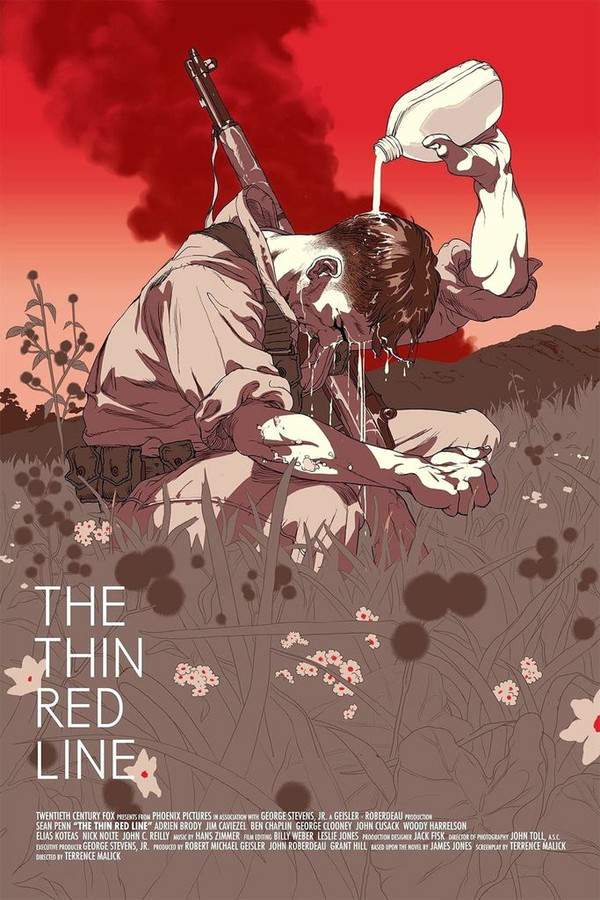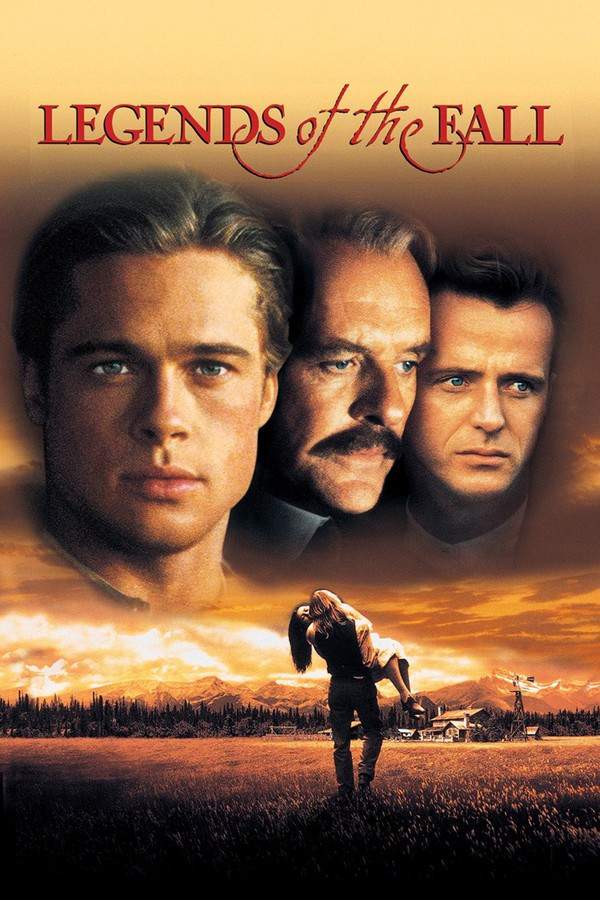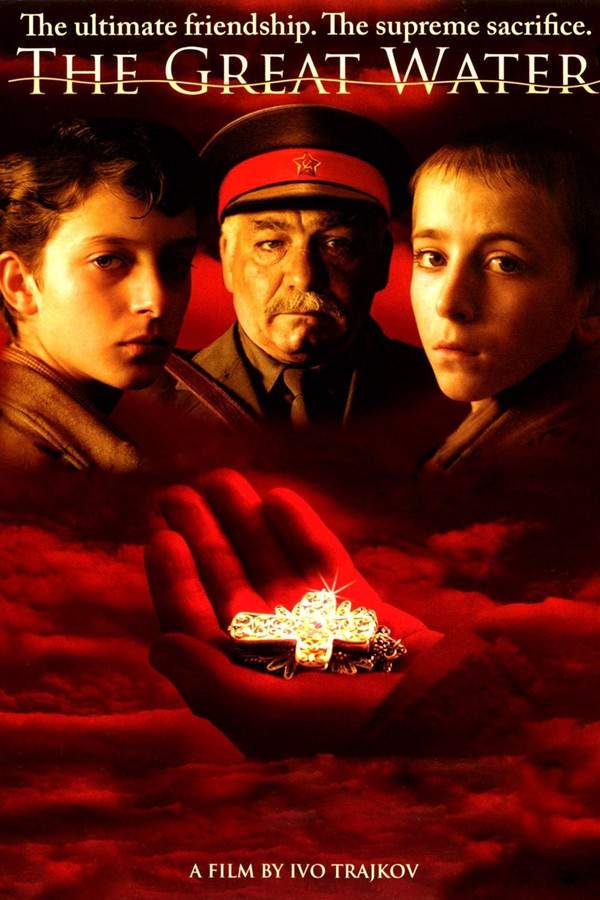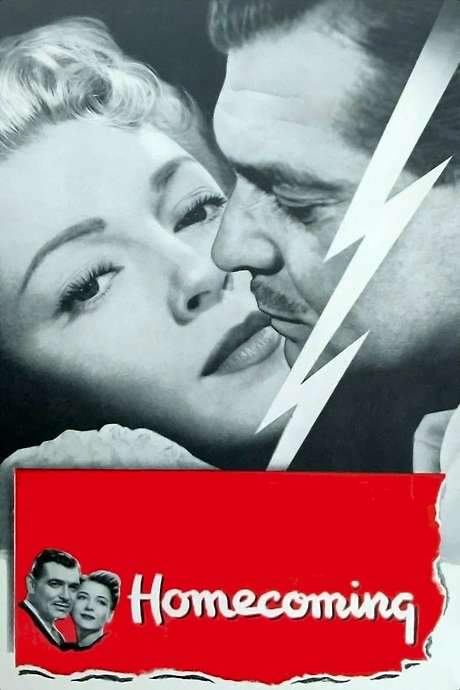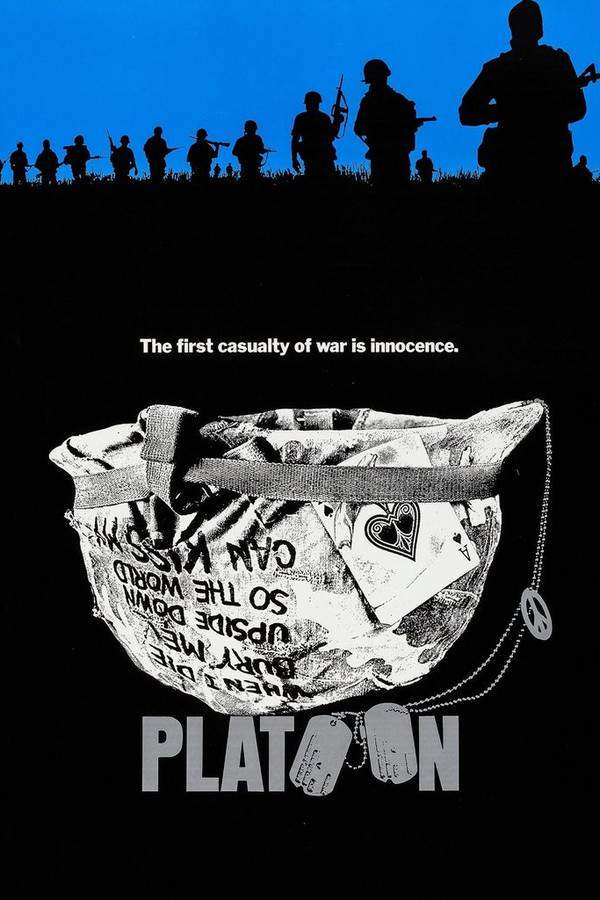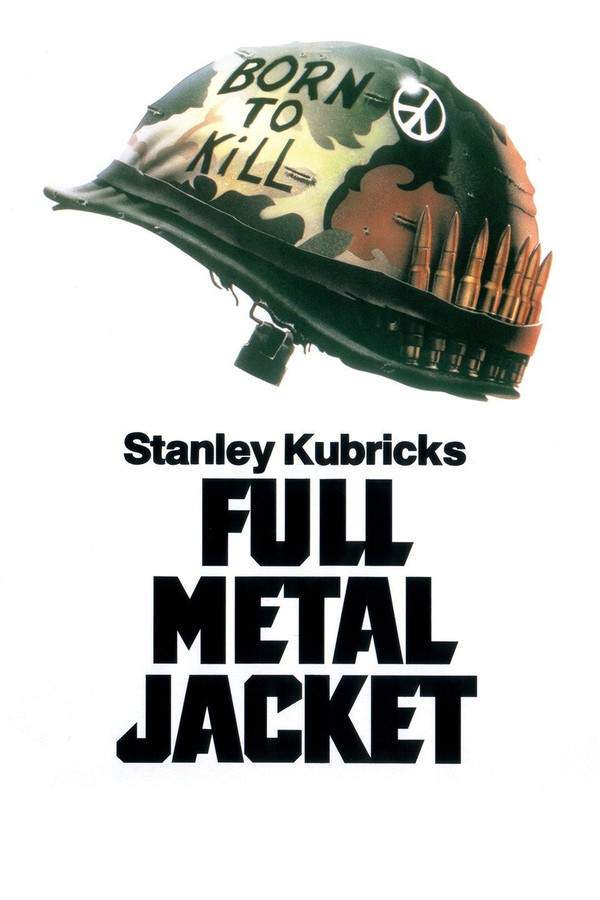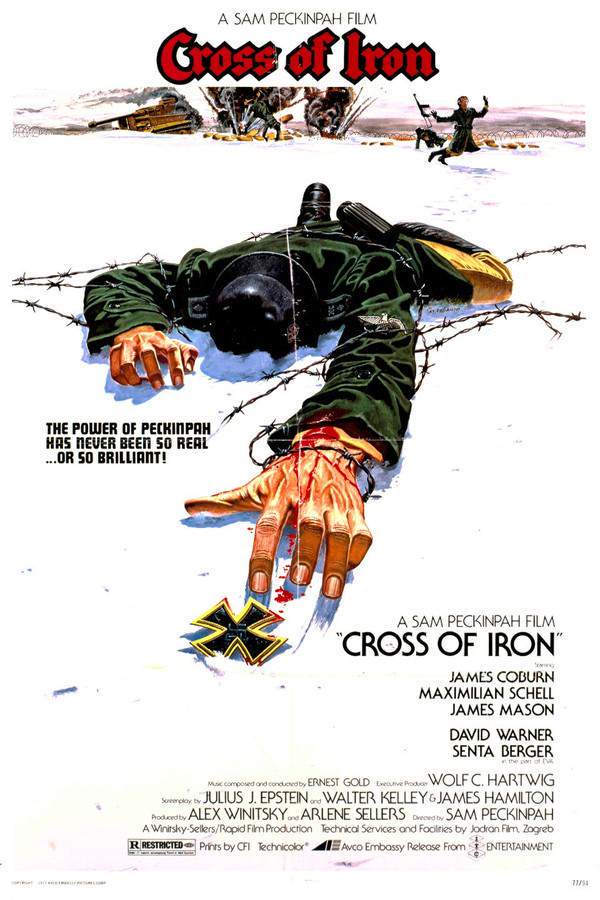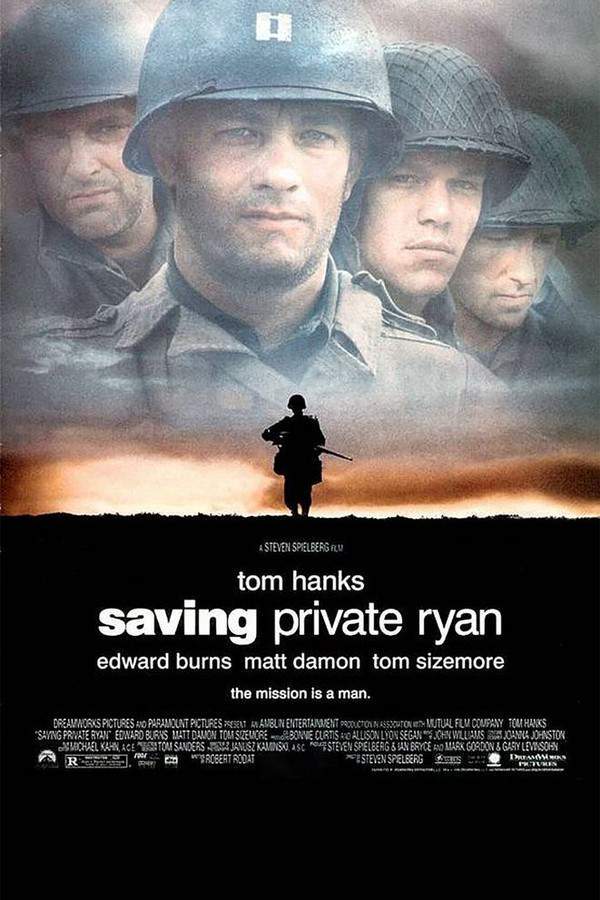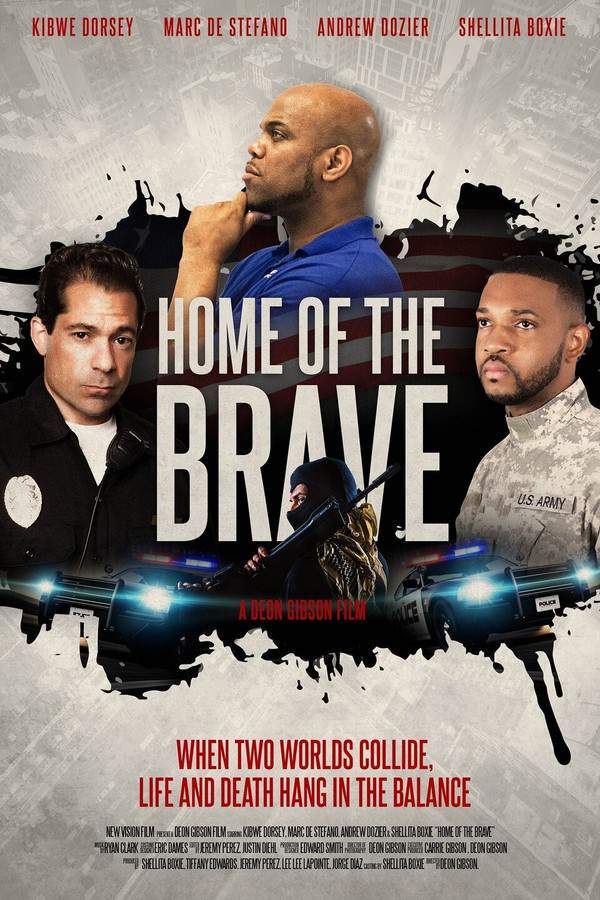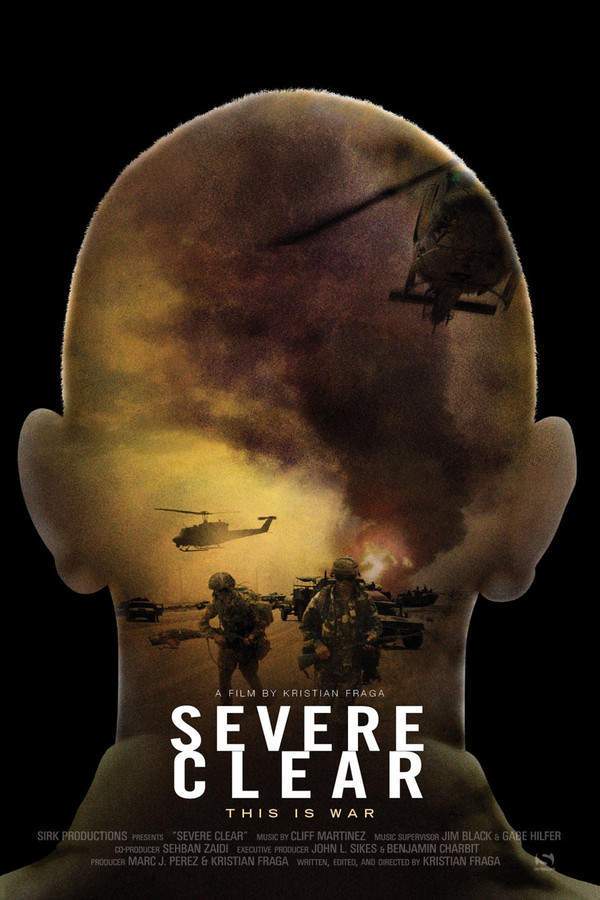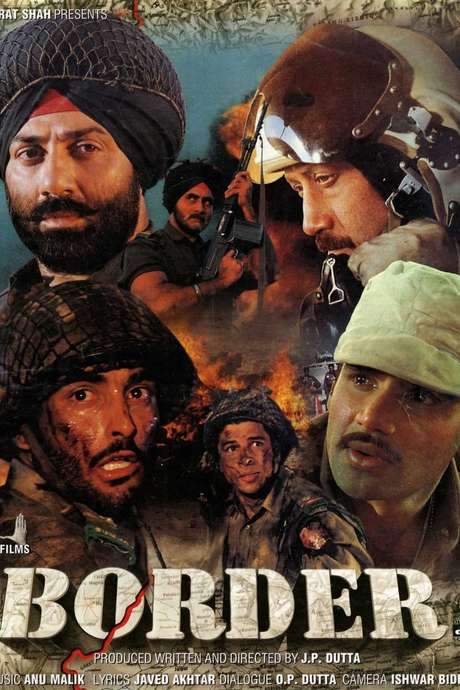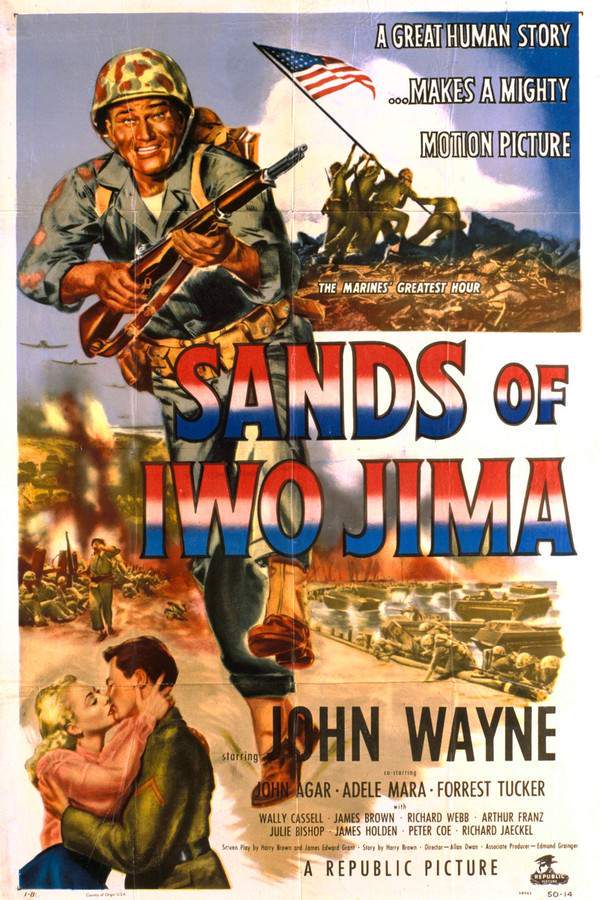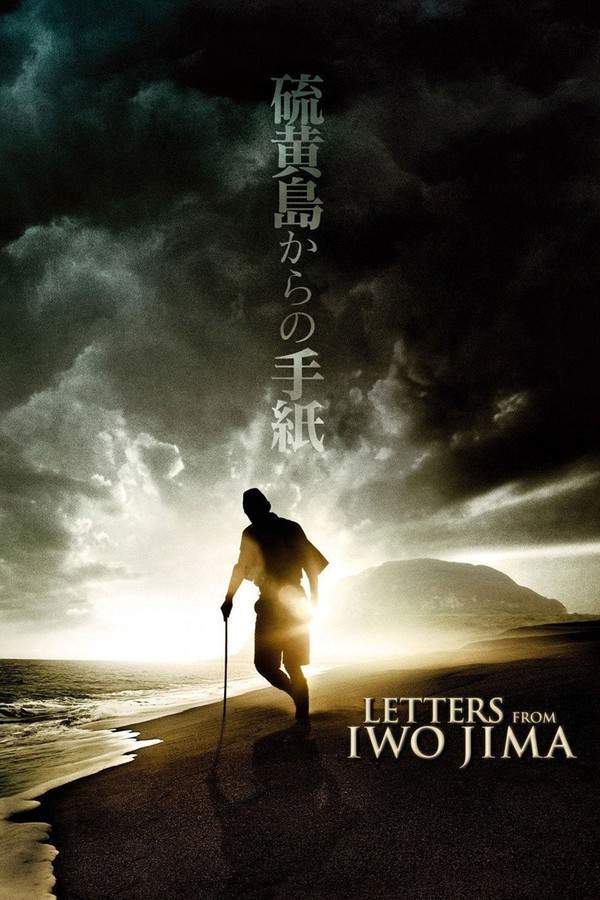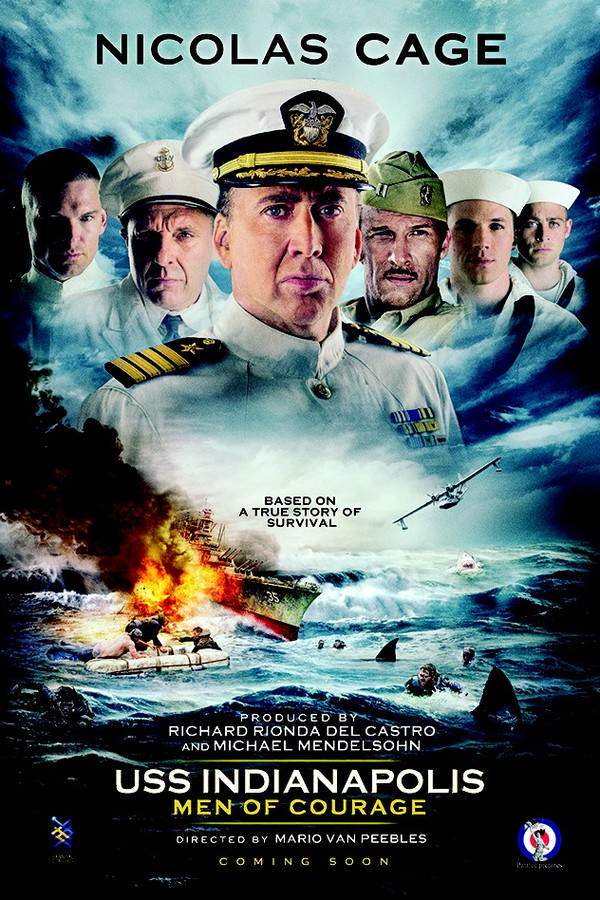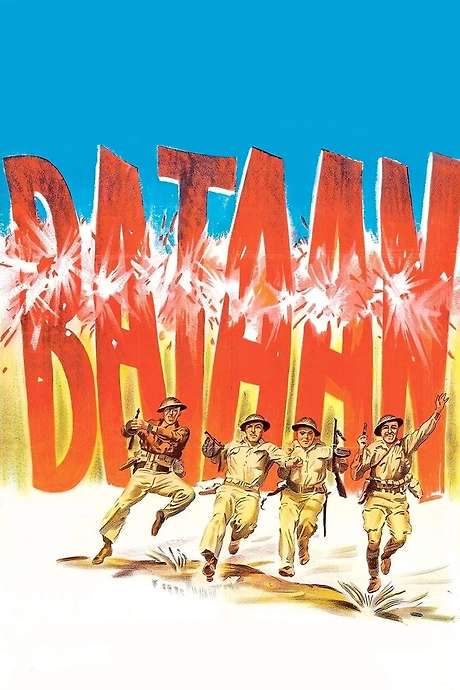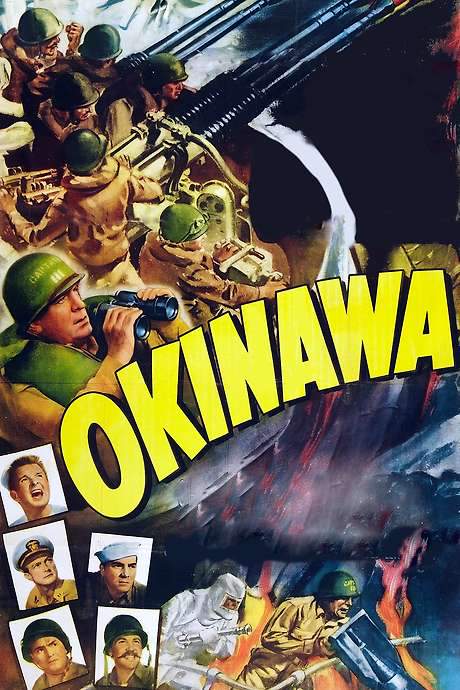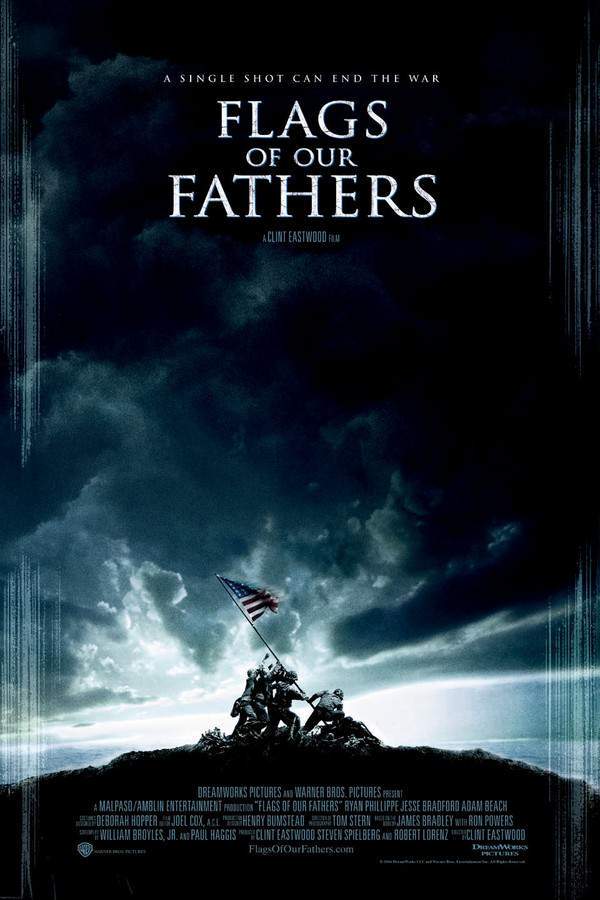
Flags of Our Fathers
Year: 2006
Runtime: 132 min
Language: English
Budget: $90M
During the brutal 1945 battle for Iwo Jima, six U.S. Marines raise the American flag on Mount Suribachi, an iconic moment that captures the nation's spirit. The photograph becomes a symbol of victory, but the men behind it—John Bradley, Ira Hayes, and Franklin Souske—are forever changed. Haunted by their experiences and thrust into the role of national heroes, they grapple with the psychological toll of war and the complexities of fame while the fight for Iwo Jima rages on.
Warning: spoilers below!
Haven’t seen Flags of Our Fathers yet? This summary contains major spoilers. Bookmark the page, watch the movie, and come back for the full breakdown. If you're ready, scroll on and relive the story!
Flags of Our Fathers (2006) – Full Plot Summary & Ending Explained
Read the complete plot breakdown of Flags of Our Fathers (2006), including all key story events, major twists, and the ending explained in detail. Discover what really happened—and what it all means.
As three U.S. servicemen—Marine Private First Class Ira Hayes, Private First-Class Rene Gagnon, and Navy Corpsman John “Doc” Bradley—are celebrated as heroes during a war bond drive, they reflect on their harrowing experiences through flashbacks.
Following their training at Camp Tarawa in Hawaii, the valiant 28th Marine Regiment 5th Marine Division embarks on a mission to the small yet fierce battleground of Iwo Jima, joining a formidable invading force. Anticipating heavy Japanese resistance, the Navy relentlessly bombs suspected enemy positions for three arduous days. Under the command of Sergeant Mike Strank, the Second Platoon prepares for the brutal landing.
On the fateful day of February 19, 1945, the Marines storm the beaches in Higgins boats, greeted initially by an eerie silence. Private First Class Ralph “Iggy” Ignatowski ponders whether the enemy has been neutralized, but that moment of quiet is abruptly shattered as Japanese heavy artillery and machine guns unleash a fierce barrage on the advancing troops and Navy ships. Despite heavy casualties, the Marines manage to secure the critical beachhead.
Just two days later, the Marines begin their assault on Mount Suribachi, facing a relentless downpour of Japanese artillery and gunfire; the Navy continues its bombardment of the mountain. Recognized for his bravery, Doc saves multiple Marines under fire, earning him the prestigious Navy Cross after they secure the mountain.
On February 23, the platoon, now led by Sergeant Hank Hansen, is ordered to ascend Mount Suribachi. As they reach the summit, they proudly hoist the United States flag, winning cheers from the onlooking forces below. Secretary of the Navy James Forrestal, witnessing the ceremony as he lands, expresses a desire for the flag, but Colonel Chandler Johnson insists that it belongs to his battalion. Rene is sent up with Second Platoon to replace the original flag with a second one for Forrestal’s collection. It is here, amid a group of marines including Mike, Doc, Franklin Sousley, and Ira, that a historic photograph is taken by Joe Rosenthal.
Tragedy strikes on March 1 when Second Platoon is ambushed by a Japanese machine gun nest. In the chaos, Mike is fatally wounded by friendly fire, followed closely by dear friends Hank and Harlon. As the battle rages on, Doc finds himself grappling with loss after Iggy is captured and brutally killed by Japanese forces. By March 21, Franklin, too, succumbs to machine gun fire in Ira’s arms, leaving only Doc, Ira, and Rene as the surviving members of their squad. Just days later, Doc is injured by artillery fire while bravely attempting to save a fellow corpsman but ultimately survives and is sent back home as the battle concludes on March 26 with a U.S. victory.
In the aftermath, Rosenthal’s emblematic photograph captivates the nation, emerging as a tremendous morale booster, prompting requests for prints from newspapers nationwide. Rene is tasked with naming the six men in the iconic image; he identifies himself, Mike, Doc, and Franklin, but mistakenly names Harlon for Hank. When he conveys this belief to Ira, a furious confrontation ensues, with Ira adamantly denying his presence in the photograph. Despite his refusal, with threats of returning to combat looming, Rene ultimately succumbs and names Ira.
The trio embarks on a bond tour across the country to raise funds to support the war effort, greeted with a hero’s welcome in Washington. It is here that Doc learns of Hank’s mother being on the list of the deceased flag raisers, prompting Ira to condemn the bond drive as a sham. In a stern reprimand, Bud Gerber from the Treasury Department emphasizes that the country’s need for funds is dire, warning that failure could lead to the abandonment of the Pacific campaign rendering their sacrifices meaningless. They collectively decide to withhold the truth about Hank not being in the photo.
While traveling the country to raise awareness and funds, Ira is plagued by guilt and discrimination as a Native American, falling into the grips of alcoholism, culminating in a public outburst before General Alexander Vandegrift. Enraged, Vandegrift orders Ira’s return to his unit, while the bond drive continues without him.
After the war, the three survivors attempt to reintegrate into civilian life. Ira, however, remains trapped in his struggle with alcohol and the unwanted notoriety his fame brings. Following a stint in jail, he travels over 1,300 miles to visit Harlon’s family, confessing to Harlon’s father that his son was indeed at the base of the famous flag. In 1954, the U.S. Marine Corps War Memorial is dedicated, allowing the three flag raisers to reunite one last time. Sadly, in 1955, Ira succumbs to exposure after a night of drinking. Meanwhile, Doc drives to visit Iggy’s mother to convey the truth about how Iggy met his fate, though the implication is that he avoids the full truth. Rene, on the other hand, struggles in his post-war life, seeing opportunities from the bond drive evaporate, ultimately living out his days as a janitor. In stark contrast, Doc flourishes, owning and running a successful funeral home throughout his life. On his deathbed in 1994, Doc shares his story with his son, reflecting on the past and drawing the viewer back to the poignant moment in 1945 when the men celebrated after raising the flags in the ocean.
Last Updated: November 03, 2024 at 20:21
Explore Movie Threads
Discover curated groups of movies connected by mood, themes, and story style. Browse collections built around emotion, atmosphere, and narrative focus to easily find films that match what you feel like watching right now.
Movies about the dark side of heroism like Flags of Our Fathers
Stories that question the nature of heroism against the brutal truth of lived experience.If you were moved by the exploration of psychological trauma and public image in Flags of Our Fathers, this list features movies like it that question heroic narratives. These similar war dramas and character studies focus on the difficult aftermath for individuals turned into symbols.
Narrative Summary
Narratives in this thread often use flashbacks or a non-linear structure to juxtapose a celebrated public event with the private, painful memories of those involved. The central conflict is internal, as characters wrestle with their own trauma while being forced to perform a sanitized version of their experience for a public that doesn't understand the true cost.
Why These Movies?
These films are grouped together because they share a deep cynicism towards institutional glory and a profound empathy for the individuals crushed by it. They feature a similar melancholic tone, heavy emotional weight, and a focus on themes like trauma, guilt, and the gap between myth and reality.
War movies with intense combat and psychological depth like Flags of Our Fathers
Intense combat sequences contrasted with the slow, haunting psychological aftermath of survival.For viewers who appreciated the blend of gritty battle scenes and deep character study in Flags of Our Fathers, this collection highlights similar movies. These films share a variable pace, switching from fast-paced action to slow, reflective drama about survival and trauma.
Narrative Summary
Stories in this thread often employ a dual timeline or flashback structure, weaving together past experiences of extreme violence with present-day struggles. The narrative rhythm is defined by this alternation, creating a powerful emotional arc that moves from external survival to internal, psychological reckoning.
Why These Movies?
These movies are linked by their distinctive variable pacing and tonal balance. They deliver the raw intensity of life-or-death situations while maintaining a consistent, heavy emotional focus on the long-term psychological impact, creating a cohesive yet dynamically shifting viewing experience.
Unlock the Full Story of Flags of Our Fathers
Don't stop at just watching — explore Flags of Our Fathers in full detail. From the complete plot summary and scene-by-scene timeline to character breakdowns, thematic analysis, and a deep dive into the ending — every page helps you truly understand what Flags of Our Fathers is all about. Plus, discover what's next after the movie.
Flags of Our Fathers Timeline
Track the full timeline of Flags of Our Fathers with every major event arranged chronologically. Perfect for decoding non-linear storytelling, flashbacks, or parallel narratives with a clear scene-by-scene breakdown.

Characters, Settings & Themes in Flags of Our Fathers
Discover the characters, locations, and core themes that shape Flags of Our Fathers. Get insights into symbolic elements, setting significance, and deeper narrative meaning — ideal for thematic analysis and movie breakdowns.

Flags of Our Fathers Spoiler-Free Summary
Get a quick, spoiler-free overview of Flags of Our Fathers that covers the main plot points and key details without revealing any major twists or spoilers. Perfect for those who want to know what to expect before diving in.

More About Flags of Our Fathers
Visit What's After the Movie to explore more about Flags of Our Fathers: box office results, cast and crew info, production details, post-credit scenes, and external links — all in one place for movie fans and researchers.

Similar Movies to Flags of Our Fathers
Discover movies like Flags of Our Fathers that share similar genres, themes, and storytelling elements. Whether you’re drawn to the atmosphere, character arcs, or plot structure, these curated recommendations will help you explore more films you’ll love.
Explore More About Movie Flags of Our Fathers
Flags of Our Fathers (2006) Scene-by-Scene Movie Timeline
Flags of Our Fathers (2006) Movie Characters, Themes & Settings
Flags of Our Fathers (2006) Spoiler-Free Summary & Key Flow
Movies Like Flags of Our Fathers – Similar Titles You’ll Enjoy
The Thin Red Line (1999) Detailed Story Recap
Sands of Iwo Jima (1950) Full Movie Breakdown
Letters from Iwo Jima (2006) Ending Explained & Film Insights
USS Indianapolis: Men of Courage (2016) Full Summary & Key Details
Bataan (1943) Complete Plot Breakdown
So Proudly We Hail (1943) Full Summary & Key Details
Wake Island (1942) Complete Plot Breakdown
Tarawa Beachhead (1958) Plot Summary & Ending Explained
Home of the Brave (1949) Spoiler-Packed Plot Recap
Beach Red (1967) Full Movie Breakdown
With the Marines at Tarawa (1944) Full Summary & Key Details
The Outsider (1961) Detailed Story Recap
To the Shores of Iwo Jima (1945) Ending Explained & Film Insights
Battle Cry (1955) Complete Plot Breakdown
Okinawa (1952) Detailed Story Recap


